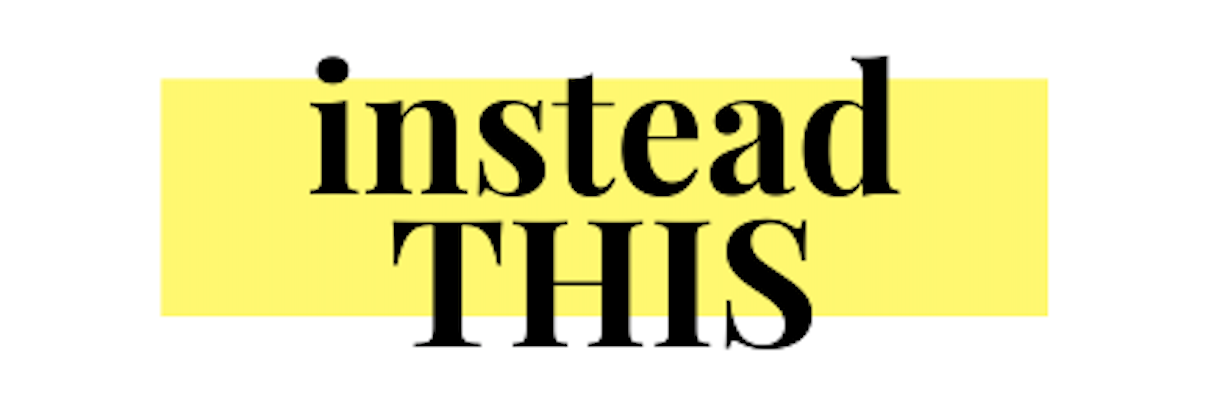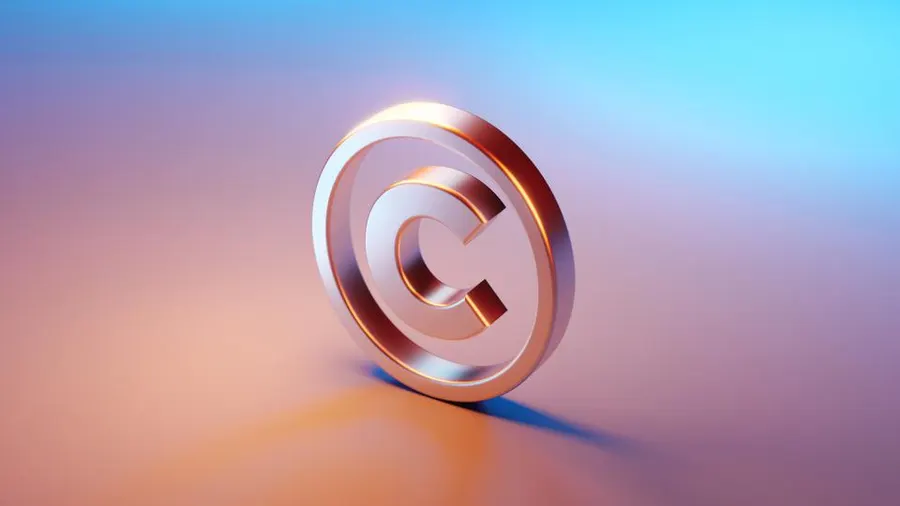QUESTION
Hi Amanda,
I’m a new author with my first book coming out soon. I’m wondering whether I should worry about copyright protection. Don’t you think it’s enough that I wrote a book and it will be out there for everyone to read?
Love,
Daniel!
ANSWER
Hi Daniel,
In today’s digital age, protecting intellectual property is more important than ever. No matter what kind of creator you are, understanding copyright essentials is crucial to protecting your work from unauthorized use. Here’s a look at the basics of copyright protection and how to protect your brand, authorship, and books.
Copyrights grant creators of original works exclusive rights to use and distribute their creations. Literary, artistic, musical, and dramatic works all fall under these rights. It protects writers’ written works from plagiarism and unauthorized reprints, such as books, articles, and essays.
For brand owners, copyright protects things like logos, slogans, and marketing materials that define their brand identity. By registering these assets, businesses can protect their reputation and goodwill.

7 Copyright Essentials You Should Know
To protect your book rights, authorship, and brand, here are a few steps:
1. Understand Copyright Laws: Firstly, find out what copyright laws exist in your country. Various jurisdictions may have specific rules concerning copyright protection, including requirements for registration and duration.
2. Register Your Works: Patent protection happens automatically, but registering your works with the relevant copyright office gives you more benefits. It gives you the right to sue infringers and creates a public record of your ownership.
3. Use Copyright Notices: Make sure your creative works have copies of your copyright notices so that others know who owns what. A typical copyright notice includes the © symbol, the year of publication, and the name of the owner.
4. License Your Works: If you have created a work, you should consider licensing it under specific terms and conditions. Creating licenses gives you control over how your creations are used while generating additional revenue.
5. Monitor for Infringement: Watch out for potential infringements on the internet, in publications, and everywhere else. If necessary, track unauthorized use of your copyrighted works online and take appropriate action.
6. Enforce Your Rights: When you discover trademark infringement, enforce your rights right away. A cease-and-desist letter, legal action, or compensation for financial loss may be needed to accomplish this.
7. Stay Informed: Keep up with copyright law and emerging trends in IP. As challenges and opportunities evolve, you can adapt your strategies accordingly.
Keep in mind that patent protection is not absolute, and there is always the possibility that your rights will be challenged or infringed. To navigate complex legal issues and protect your interests, it is advisable to seek legal counsel from a qualified intellectual property attorney.
Love,
Amanda!







